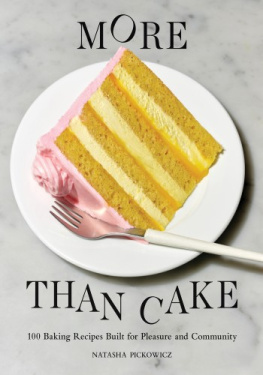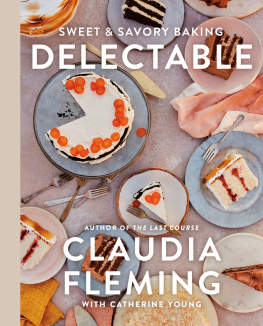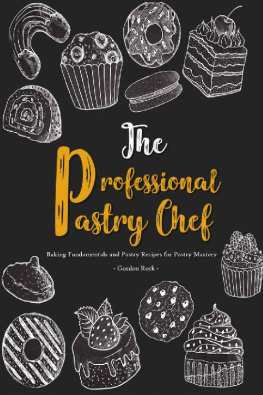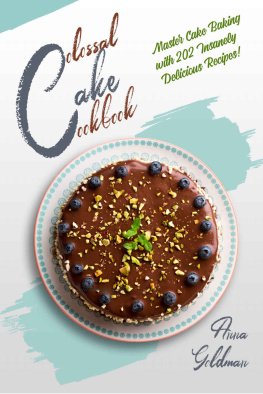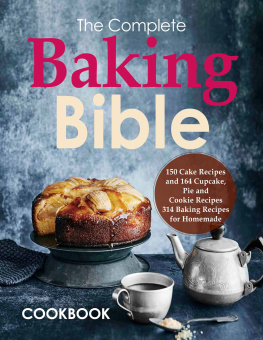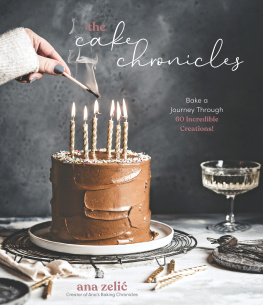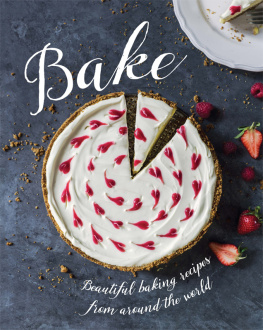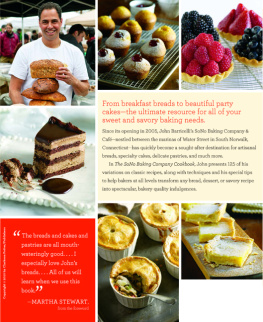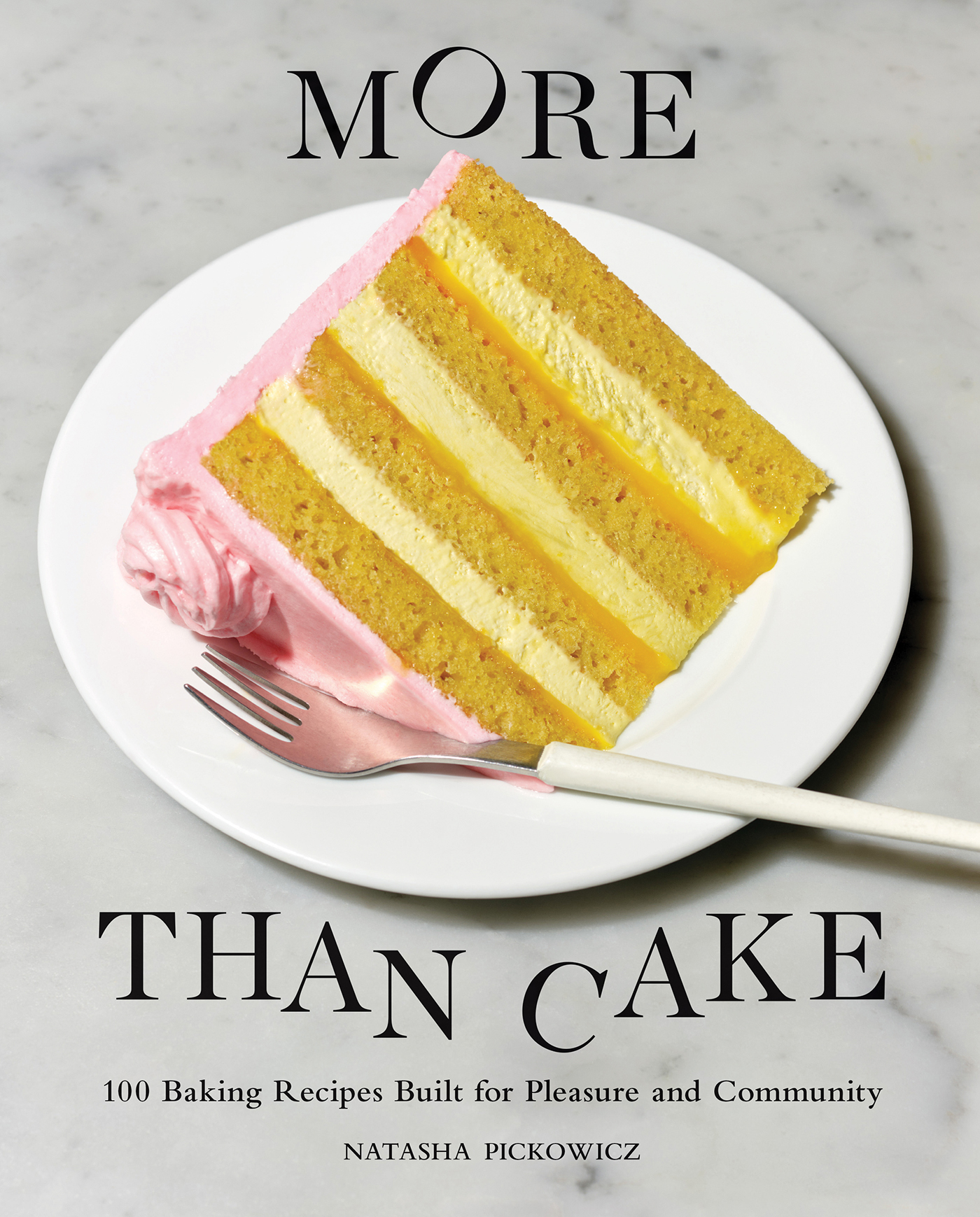
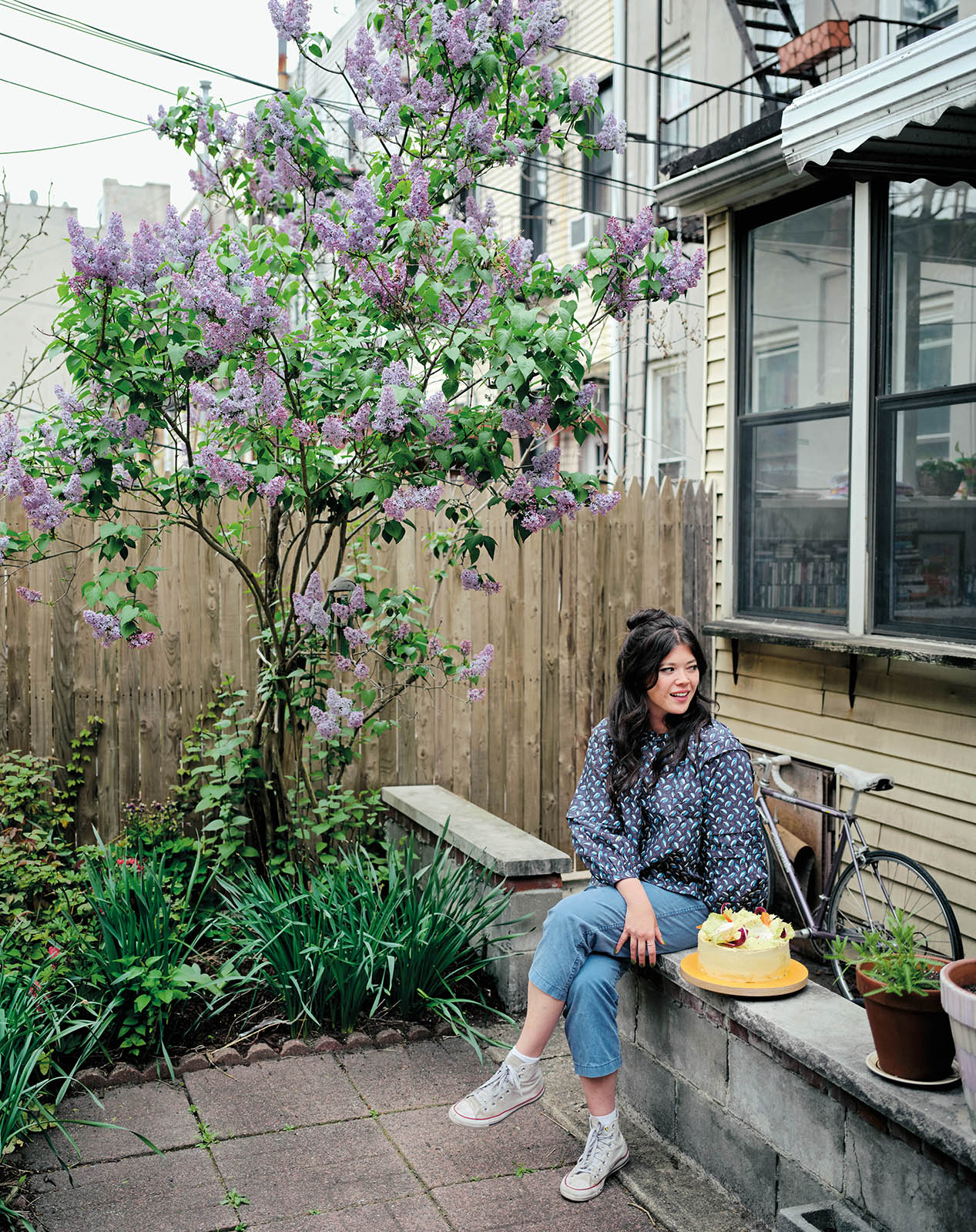
MOre Than Cake
100 Baking Recipes Built for Pleasure and Community
Natasha Pickowicz
Photographs by Graydon Herriott


In good company there is a place for you:
a disposition for amusement,
a healthy appetite, an attentive ear,
a capacity for laughter, each is fuel
for celebrations fire.
patience gray
For my parents
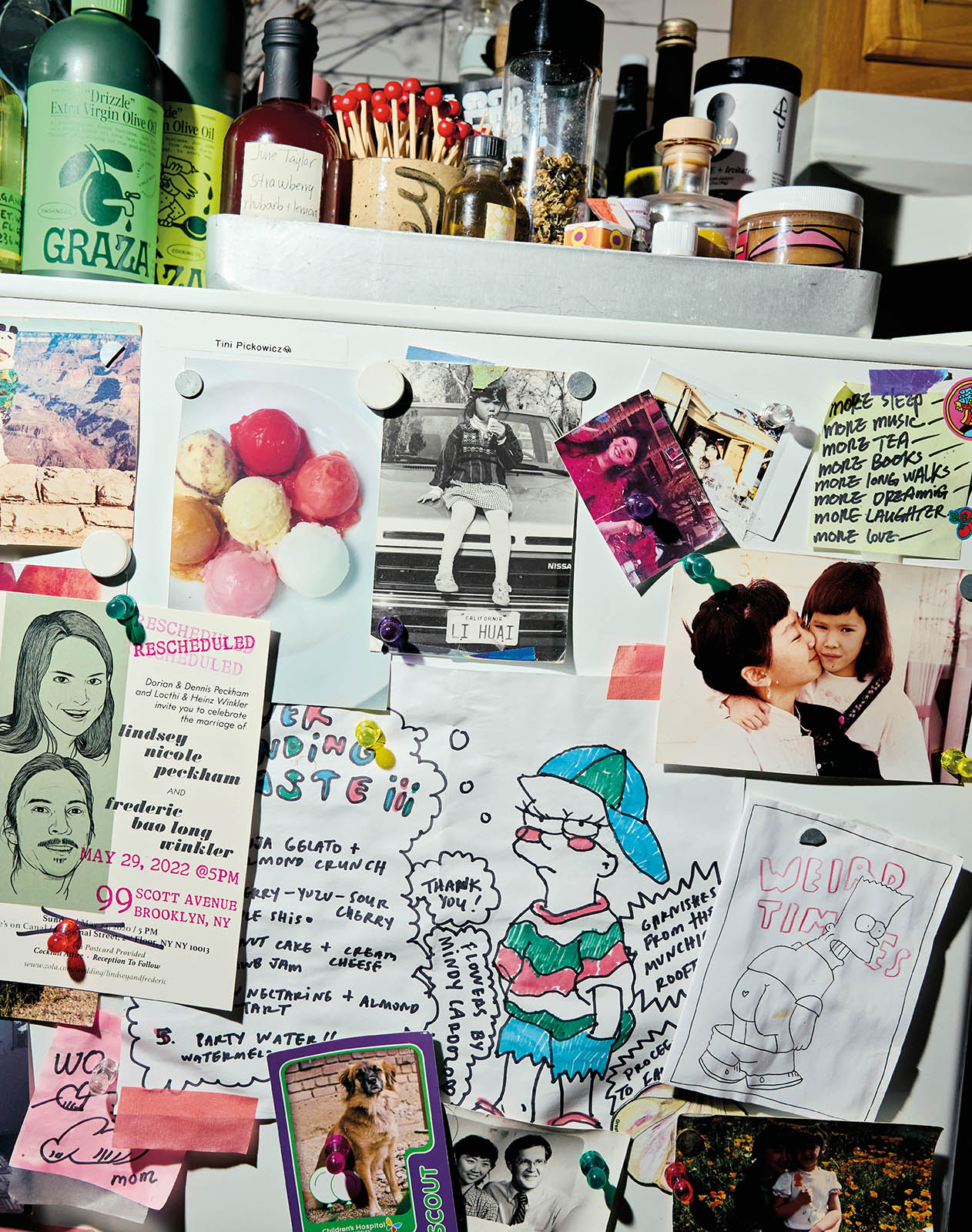
Contents
Introduction
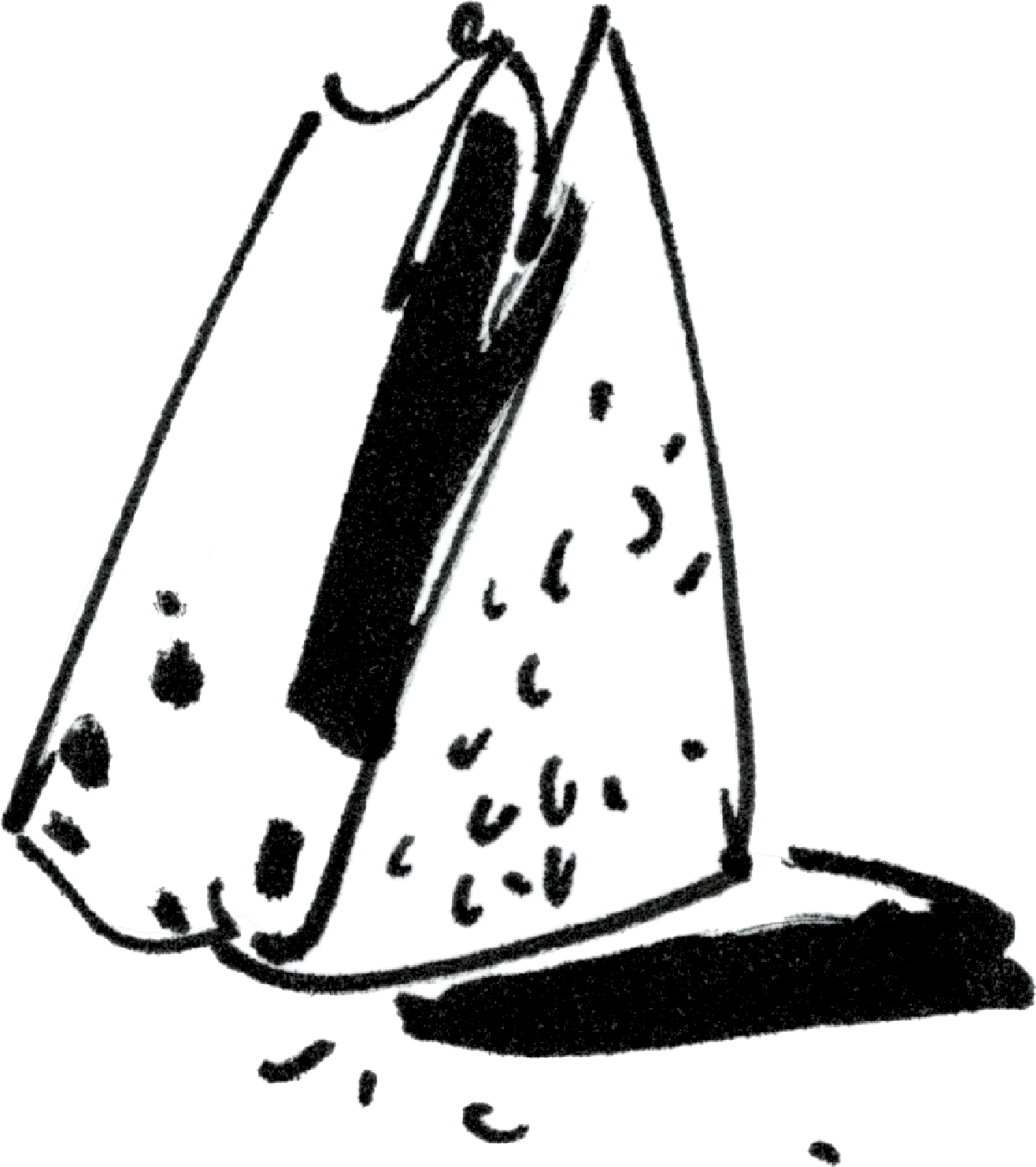
A few years ago, I visited the Food and Finance High School, a culinary-focused public school in the Hells Kitchen neighborhood of Manhattan, where I spoke to a class of ninth graders about my path into pastry. We talked about bake sales, cookie potlucks, and recycling. We talked about leadership, early mornings, and empathy.
The next week, thirty sweet thank-you emails appeared in my in-box. One of the students, who began his letter with Dear Chef Natasha, observed that I had taught him that being a pastry chef is so much more than cake. This wise young person nailed it.
Being a pastry chef is so much more than cakeits the patience and focus to execute it, the hard work and fortitude to continue, and then, finally, the indescribable, euphoric finale of bringing people together over something special that you made.
More Than Cake is not about baking for one. Baking is about reinforcing connections and creating new ones. I was drawn to restaurants because of the exhilarating communal energy so specific to kitchen work. I wanted to work pastry: the corner of the kitchen that is responsible for creating the dishes that symbolize celebration, decadence, romance, and pampering.
I lucked into my first kitchen job, as the baker for a queer, punk luncheonette called Dpanneur Le Pick Up in Montral. I had just moved to the city and had few friends and even less confidence. The immersion into the exacting physical work, the big personalities, the chatty regulars, and the creative energy left me exhausted but exhilarated. When I was in the kitchen, hours felt like minutes.
My job wasnt just about baking, either. While I was at Le Pick Up, I created community events that revolved around food. Coworkers birthdays, pregnancies, and graduations meant there would be fudgy cakes at the end of the shift. Chefs, food writers, and local personalities taught intricate workshops about the basics of canning, pickling, and sausage making. Independent radio stations broadcasted doo-wop live from the gravel-lined backyard. Musicians on tour stopped by to play in front of the beer fridge, and I sent them on their way with slices of carrot cake and potato galettes.
I still had so much to learn about baking, but I felt right away the effect it had: sharing simple treats brought people to our weird little world. Baked goods are part of my commitment to community building. Since then, Ive shared those values with every pastry team Ive had, through volunteering, field trips, classes, and bake sales. I am my most confident self in a kitchen, but I need to feel tethered to others in order to connect the dots between what comes from my hands and what I feel in my heart.
My confidence in the kitchen didnt happen right away. I didnt attend culinary school, so I dont approach baking the same way that pastry chefs who have do. Ive always felt like an outsider in that way, inferior to my colleagues, who pulled sugar, rolled fondant, and tempered chocolate effortlessly. Who was I, if I wasnt that?
Over the years, through exhaustive trial and error, obsessive book reading and video watching, turning to friends and peers, and working in kitchens alongside talented people, I gradually developed my own baking perspective. My love of nature and art, my background in literature and music, my Chinese and Californian heritageall of it informs my desserts.
It seems like with home cooking (and, honestly, in modern life, too), there is an expectation to see results immediately. We like to start and finish a dish in one breath; we value fast recipes like one-bowl cakes and no-knead breads that pitch a hands-off approach or a quick turnaround. As a baker, I appreciate these types of hacks and tricks, which offer irresistible entry points into the world of pastry.
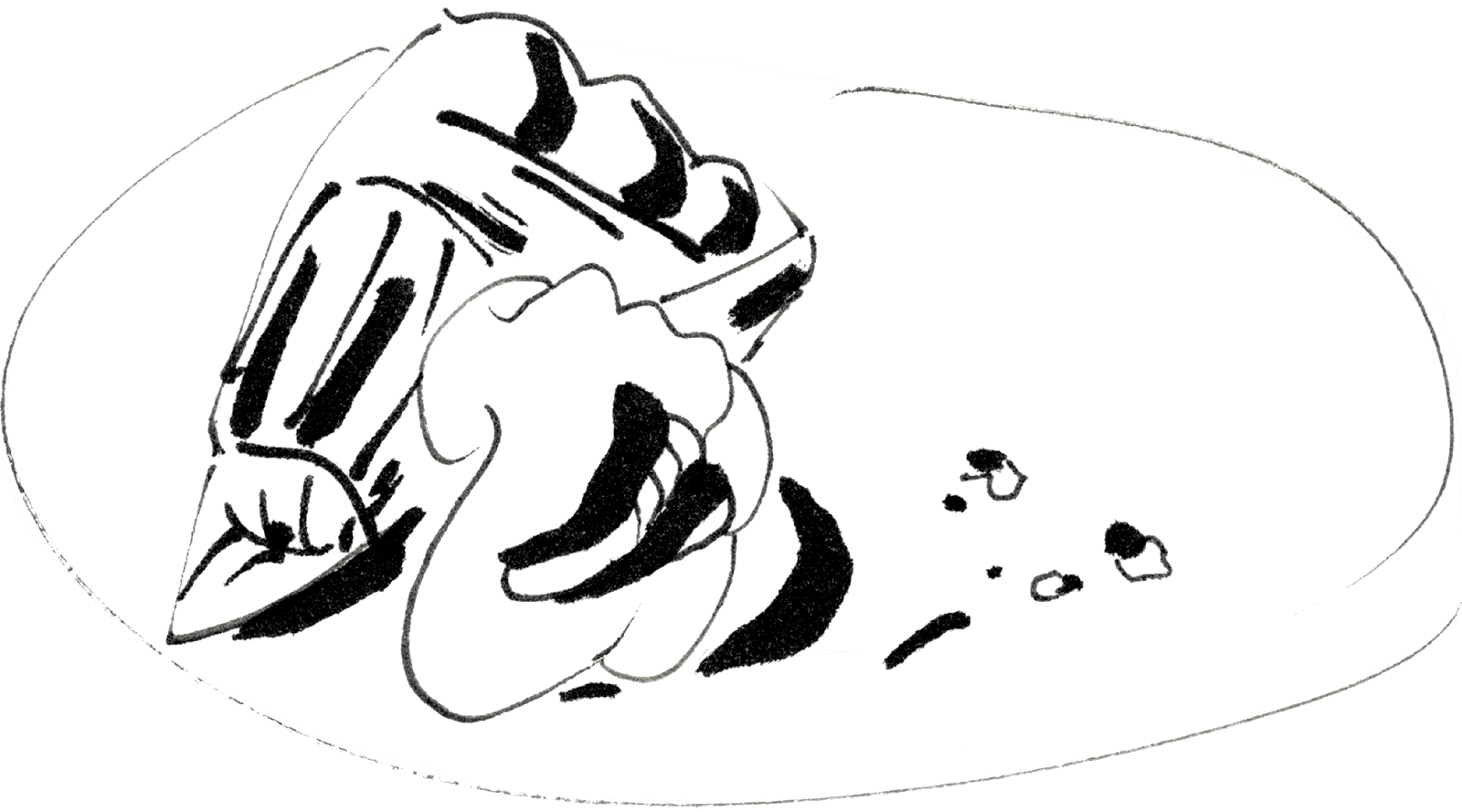
But what I truly love are the projects that I can examine from a distance, inspect piece by piece, and complete methodically. I approach the kitchen with a plan, timing each mini project around my day and schedule, slowly filling up my fridge and pantry with supporting players waiting for their moment to be put to use. I write out long, detailed lists with a permanent marker before taping them on the wall, which is like stretching before you go for a runnot only does it feel soothing to do it in the moment, but it also really feels necessary once youve hit the pavement.
These recipes are not complicated or hard to execute, but they ask that you be present. Good cooking is honest, sincere and simple, wrote the legendary Elizabeth David in A Book of Mediterranean Food. And by this I do not mean to imply that you will find in this, or indeed in any other book, the secret of turning out first-class food in a few minutes with no trouble. Good food is always a trouble and its preparation should be regarded as a labor of love.
There is a way to reframe baking not as an overwhelming means to an end but as a meditative process to enjoy in and of itself. Approached with Davids wisdom in mindwith an expectation that time is involved, that thoughtfulness will be rewarded, that having a plan physically and mentally feels greatits possible to cultivate a sense of joy, ease, and pride around a complicated-seeming or involved dish.
I like to call that fizzy, magical feeling the pride chip. Its the well-earned celebration of a personal accomplishment, like building a teetering cake from scratch or hosting your own bake sale. Its the satisfaction of rolling out a sheet of dough and seeing the speckles of butter evenly encased inside: I did that. I made that happen. It was just flour and butter before I got my hands on it.
Of course, accidents and mistakes will happenand I have made enough of them to know that they are necessary for growth. What matters is how we respond, how closely we are paying attention, and how we apply logic, intuition, and grace to unexpected circumstances.
A cookbook is your manual for avoiding those mistakes, a critical text with recipes that ask for your trust. Like hitting repeat on a great song, Ill often reread a great paragraph, sentence, or page three or four times in a row. I love food writing in particular, because of the way sensual, witty language is deployed side by side with the more clinical, procedural tone of recipe steps. It is in this tension, of the passionate context for the dish next to the technical how-to, that my favorite cookbooks come alive.
Next page

